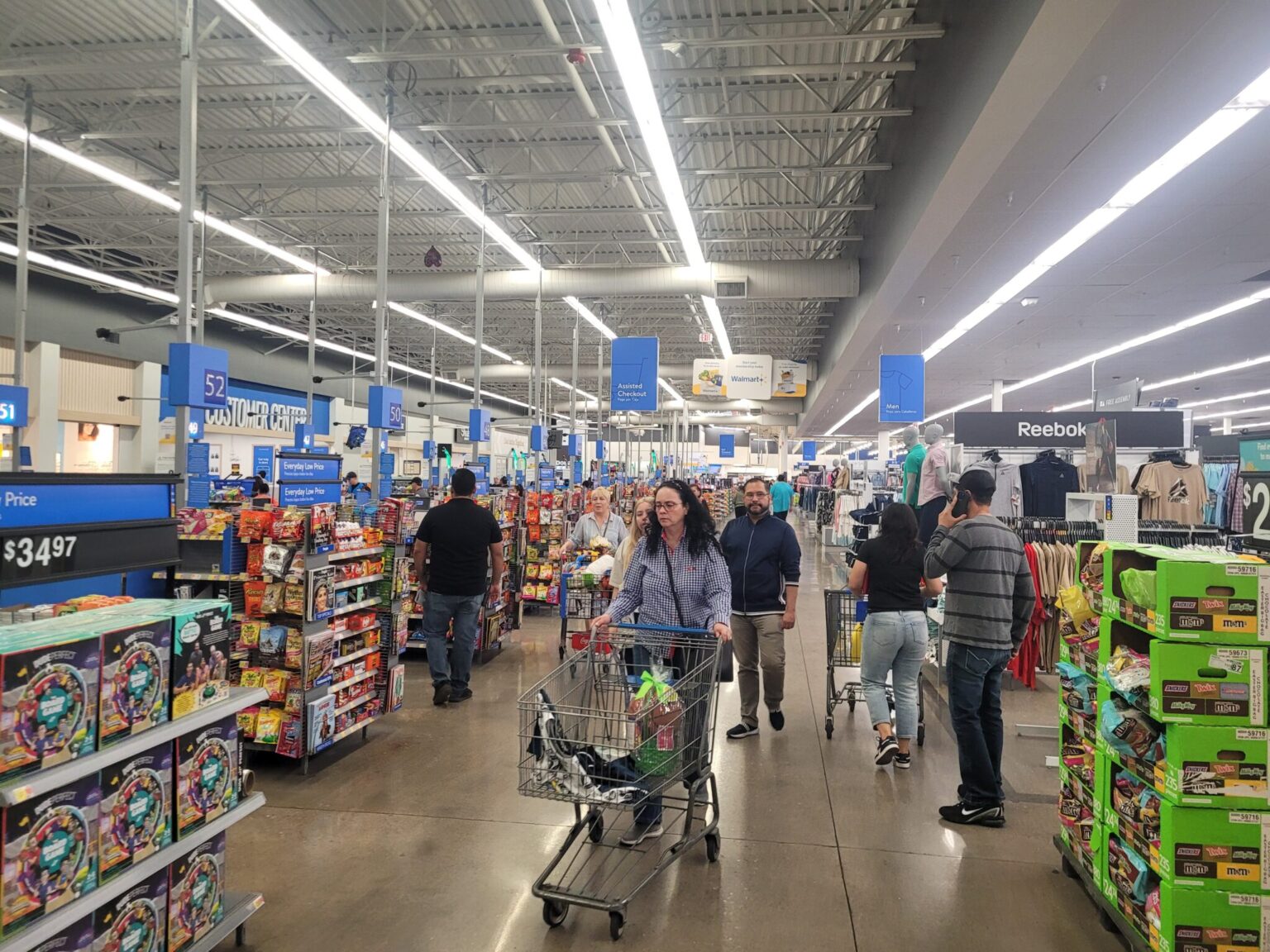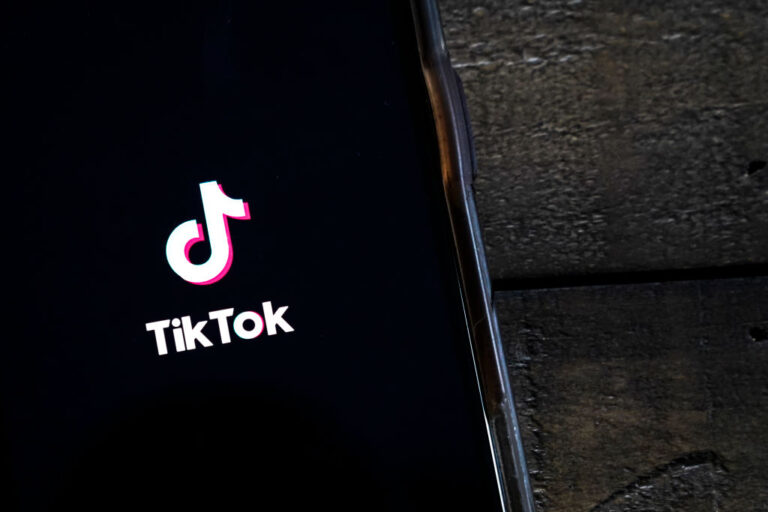In any case, Kroger and Albertsons, two supermarket giants, are not going to combine to form a single megagiant in order to compete with Walmart, another megagiant. However, according to Stacy Mitchell, a renowned opponent of anticompetitive activities and co-director of the Institute for Local Self Reliance, the harm caused by forty years of non-enforcement of pertinent antitrust law has already been done in many ways.
After conducting a thorough analysis of Amazon’s actions in the e-commerce sector, Mitchell focused on groceries and discovered what she claims is a clear connection between the 1936 Robinson-Patman Act’s non-enforcement beginning in the early 1980s, the decline in the number of grocers that followed, and the emergence of food deserts—distressed areas without access to wholesome food. At the food stores that are still open, she said she also discovered a less obvious connection to recent price increases.
In an article published this month in The Atlantic, Mitchell detailed the close parallels between the demise of the competitive supermarket market and the decision to not enforce Robinson-Patman.
Suppliers are prohibited by law from negotiating preferential terms with large grocery stores. However, the Reagan administration gave up enforcement when it adopted a contentious theory promoted by University of Chicago economists and attorneys.
It stated that efficiency, not justice, was the aim of antitrust law and that consumers would benefit if a small number of large firms were more efficient than numerous small ones. A rising number of economists and attorneys are arguing that the Chicago School’s claims were incorrect on both points after more than 40 years of lenient antitrust enforcement by presidents of both parties.
After judges in Oregon and Washington block a $24.6 billion merger, Albertsons sues Kroger.
According to Mitchell, the absence of enforcement in the grocery industry reduced competition and caused grocers to completely leave numerous neighborhoods, resulting in the creation of food deserts.
In an interview last week, Mitchell stated, “I became very interested in the history of food deserts, but I was surprised myself how much non-enforcement was causal.” It was the factor, not merely one of many factors.
Robinson-Patman was passed in the 1930s to prevent A&P from pressuring suppliers to sell to it at lower prices than A&P’s smaller rivals, according to the Atlantic article. From 1954 to 1982, the eight biggest chains combined had only 25% of the market due to the law’s effectiveness.
Cincinnati is home to Kroger’s headquarters. It had to contend with a number of rivals in the 1970s, including Thriftway, Marsh, A&P, Liberal, and several independent IGAs, even on its own soil. Since then, those rivals have either been acquired or have shut down.
However, the suppliers wanted more from smaller retailers to make up lost earnings once the Reagan government stopped enforcing Robinson-Patman and the major players began to demand special discounts from suppliers. According to Mitchell, many towns were left stuck in food deserts as a result of the large die-off of small and medium-sized stores.
Perhaps predictably, research has shown that in 1970 supermarkets were more likely to locate inurban areas with higher poverty and lower incomeand that the trend had reversed by 1990 as grocers left those areas. According to Mitchell, the elimination of rivalry deprives supermarkets of the need to provide high-quality service to specific populations.
In contrast to the current situation, where there are numerous communities without grocery stores and numerous others with only one option—Walmart being the only option unless you want to drive across the entire metro—having a grocery industry with a large number of independent grocery stores as well as chains just seems like a much better idea, she said. You can’t do it for your regular supermarket shopping.
According to Mitchell, keeping up with Walmart was a major factor in Kroger’s decision to purchase Albertsons. The goal of Kroger was to attempt to match Walmart’s purchasing power. And that’s the primary reason behind the combination.
Ohio Attorney General Dave Yost led several other state AGs in arguing for the merger, saying that it would actually increase competition in the grocery sector. In a court filing, they said such competition currently is robust because Kroger, Walmart and Albertsons compete againstDollar General, Family Dollar, Whole Foods, Aldi and others.
Speaking just before the courts nixed the proposed $25 billion merger, Mitchell predicted it would fail because of the case presented against it.
The evidence is pretty overwhelming, she said. In documents entered into evidence, the executives in the companies talked about their ability to raise prices in what one executive talked about as a no-comp market, meaning the market had no competition.
YOU MAKE OUR WORK POSSIBLE.
Frustration over inflation especially at the grocery is thought to have played a big role in the outcome of the Nov. 5 election. Mitchell said a lack of antitrust enforcement also played a role there albeit in not as straightforward a fashion as in the creation of food deserts.
She explained that the wave of mergers in the grocery industry spurred a similar wave of consolidation among the suppliers who had to bargain with the increasingly big companies.
If they were going to have to sit across a negotiating table with these big retailers, they needed to get big too, she said. And so we saw this huge merger wave among them.
Today you ve got a few big companies that dominate the consumer-packaged-goods market. You walk down the supermarket aisles and you see lots of different brands, but those brands are actually owned by very few companies. You ve got PepsiCo. You ve got General Mills. You ve got Kraft Heinz. You know, there are just a few and at this point, those manufacturers face very little competition, because there s so few of them.
Mitchell stressed that such concentration wasn t the only culprit behind food inflation, especially during the pandemic. There were severe supply-chain disruptions and labor shortages as workers tried to avoid contracting a deadly disease.
But Mitchell said suppliers and grocers learned an unfortunate lesson during the COVID-19 pandemic.
What they found during the pandemic is that they could raise prices without consequence, that they could sort of use inflation as a cover story to increase their profit margins, she said. And you know if we had a competitive grocery market, consumers would have seen a high-priced item from General Mills and chosen something else.
Amid the furor over high grocery prices, the Federal Trade Commission took some steps that signaled reinvigorated enforcement of antitrust law. In March, it published a report saying that Kroger, Walmart and Amazon took advantage of the pandemic toraise prices and pad profitsand it said the companies appeared to still be doing it.
Walmart, for example, took advantage of the supply crunch to require suppliers to deliver 98% of its orders on time and in full or face stiff penalties. Because many staples were in short supply, that led to empty shelves for many of its competitors who didn t have Walmart s clout, the FTC said.
And the agencyled the successful effort to haltthe attempt by Kroger to merge with Albertsons.
But President-elect Donald Trump is planning to replace Lina Khan the FTC chair who led antitrust efforts against retail,health careanddigitalconglomerates with Andrew Ferguson, who is currently a commissioner. Trump did so as he announced plans to staff his administration witheight billionaires worth a combined $350 billion.
In announcing the change, Trump said Ferguson would stop whatTrump claims is censorship of conservativeson social media. It remains to be seen what Ferguson will do when it comes to grocery giants.
Ohio Capital Journal,like the Idaho Capital Sun, is part of States Newsroom, a nonprofit news network supported by grants and a coalition of donors as a 501c(3) public charity. Ohio Capital Journal maintains editorial independence. Contact Editor David Dewitt for questions:[email protected].
GET THE MORNING HEADLINES.
Note: Every piece of content is rigorously reviewed by our team of experienced writers and editors to ensure its accuracy. Our writers use credible sources and adhere to strict fact-checking protocols to verify all claims and data before publication. If an error is identified, we promptly correct it and strive for transparency in all updates, feel free to reach out to us via email. We appreciate your trust and support!



